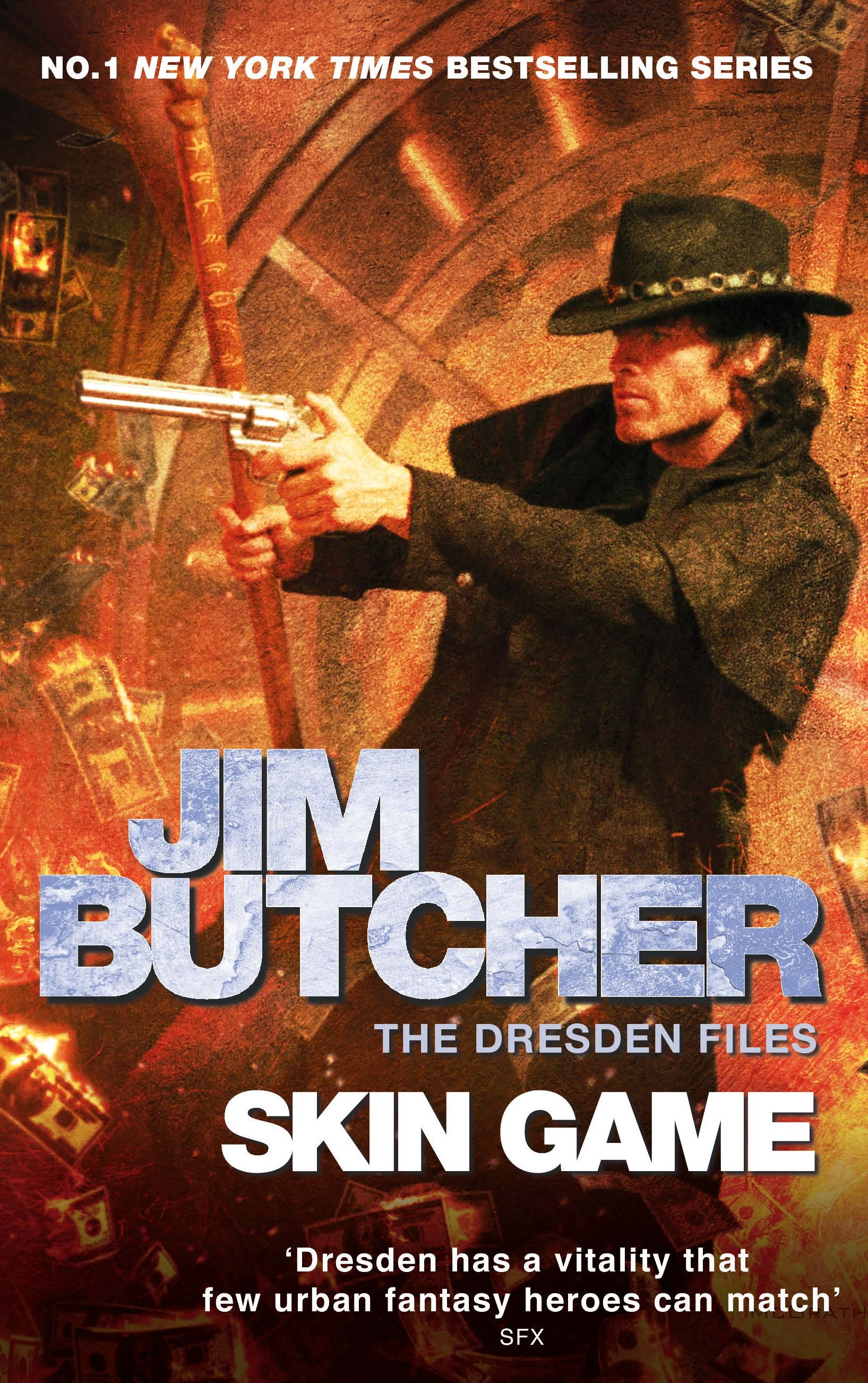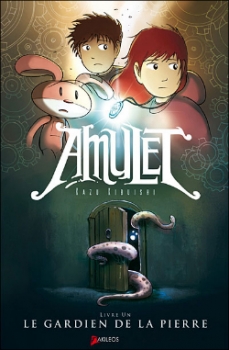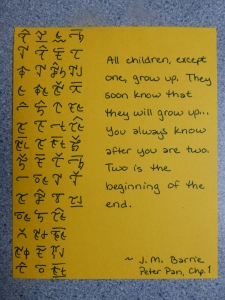Sorry about the disappearing act last week. I was drawing a real quick-and-messy comic about drowning in schoolwork and then my art program died suddenly when I was about two-thirds of the way done with it, sinking my little comic. And at that point, since I was afore-mentioned drowning in schoolwork, I let it go to its watery grave and saved myself/my grades.
I’m turning in my final projects for the semester tomorrow (assuming I finish them tonight, haha… ha… *cries*), so this week probably would have been more of the same, except that Anna’s got my back! (As usual!) The real Anna Taylor is a freelancer, fiction writer, and editor, as well as a super awesome accountability buddy who as very seriously threatened me with musicals and running laps more than once to help me meet a looming deadline. She’s pretty much fab all around. And she’s written up a guest post today to help save me from drowning! Thanks, Anna!
Without further ado (much or otherwise), here’s Anna’s What Makes a Great Storyteller? Enjoy!

What Makes a Great Storyteller?
Story builds upon itself. Something I’ve been struggling recently as I jump back into the world of drafting is that I want to make my stories the most eloquent, descriptive, emotional things I possibly can. I find that I can’t do that on the first draft, and the perfectionism hits me hard. I fall into the “if I can’t do it perfect on the first go round, I can’t do it at all” trap, and that doesn’t help anybody.
In the last couple days, though, I’ve decided to let go of perfectionism and let the story be what it needs right now, so that I can build upon it later. In that decision, I’ve realized that most of the story is coming out in more stage directions (He did this, she did that, she said this, then he said that). Sometimes I’ll find a little nugget of goodness in the writing, but most of the time, it’s linear and unadorned.
It’s made me ask the question, “What level of language use do I really need to tell this story effectively?”
What made Shakespeare an Excellent Storyteller?
Shakespeare is credited with having invented over 1,700 new words in the English language that we still use today. These include, but are obviously not limited to, academy, torture, dauntless, impertinent, friend, jovial, and many more. He’s also one of the most well-known storytellers literally ever. But I don’t think it was his ability to smash some words together to create new ones that made him so memorable. It was more his ability to make his audience feel something through the evocative language he used.
Language and storytelling go hand in hand. Storytelling isn’t about perfect grammar and big words. It’s not about who’s the most intelligent or eloquent. It’s about sharing ideas and lessons with others in a way that they’ll remember for years to come. The mark of a good storyteller isn’t that they used the most words in the dictionary, and no, you don’t get extra points for crossing into a different language.
The mark of a good storyteller is when your audience can’t stop thinking about it. I know I loved a story when I enjoy the telling of it. I know it was actually a great one (let’s define that as a story that affects a larger audience, and is not just subjectively good), when I haven’t watched or read the story for days, yet scenes or bits of dialogue or imagery will pop back into my head without provocation.
Shakespeare was excellent, but it wasn’t his words. It was how those words made his audience feel, and how they reacted to the story. It wasn’t his words he was really known for until some crazy person decided to analyze them hundreds of years later and concluded that he was a master wordsmith.
What Makes You an Excellent Storyteller?
Storytelling, in the end, is about taking something intangible- a thought, a feeling, an abstract concept of what a house looks like- and making it into a tangible, real thing. We obviously do this with varying degrees of vocabulary, but you don’t have to have an extensive one to make the magic happen. In fact, sometimes it’s the simplest terms that make the most concrete image of events for your readers; images that are shared across the board so that everybody sees that same thing. Because that’s the beauty of storytelling. The ability to have more than one person experience things in a similar way.
What makes you a great storyteller is your ability to state something so simply, and so clearly, that every viewer, reader, and critic is getting the same story 100% of the time, regardless of their own individual life experiences.
What makes you a great storyteller is your ability to cross barriers with words and make people see another’s life in a different way. To help others stand in your shoes for a few hundred pages, and make their own life just a little better for having read the story.
So, to say that you have to be a master wordsmith to tell a good story is like saying that you have to work at a three-star Michelin restaurant in order to cook a good meal, and that’s just not the truth. All you have to do in the end is start. In the end, the story, if made well, will build upon itself.
Can’t get enough of Anna and her wisdom? There’s much more to be had! You can find her on her website, or on her very fun YouTube channel. Enjoy! And until next week, happy writing!







